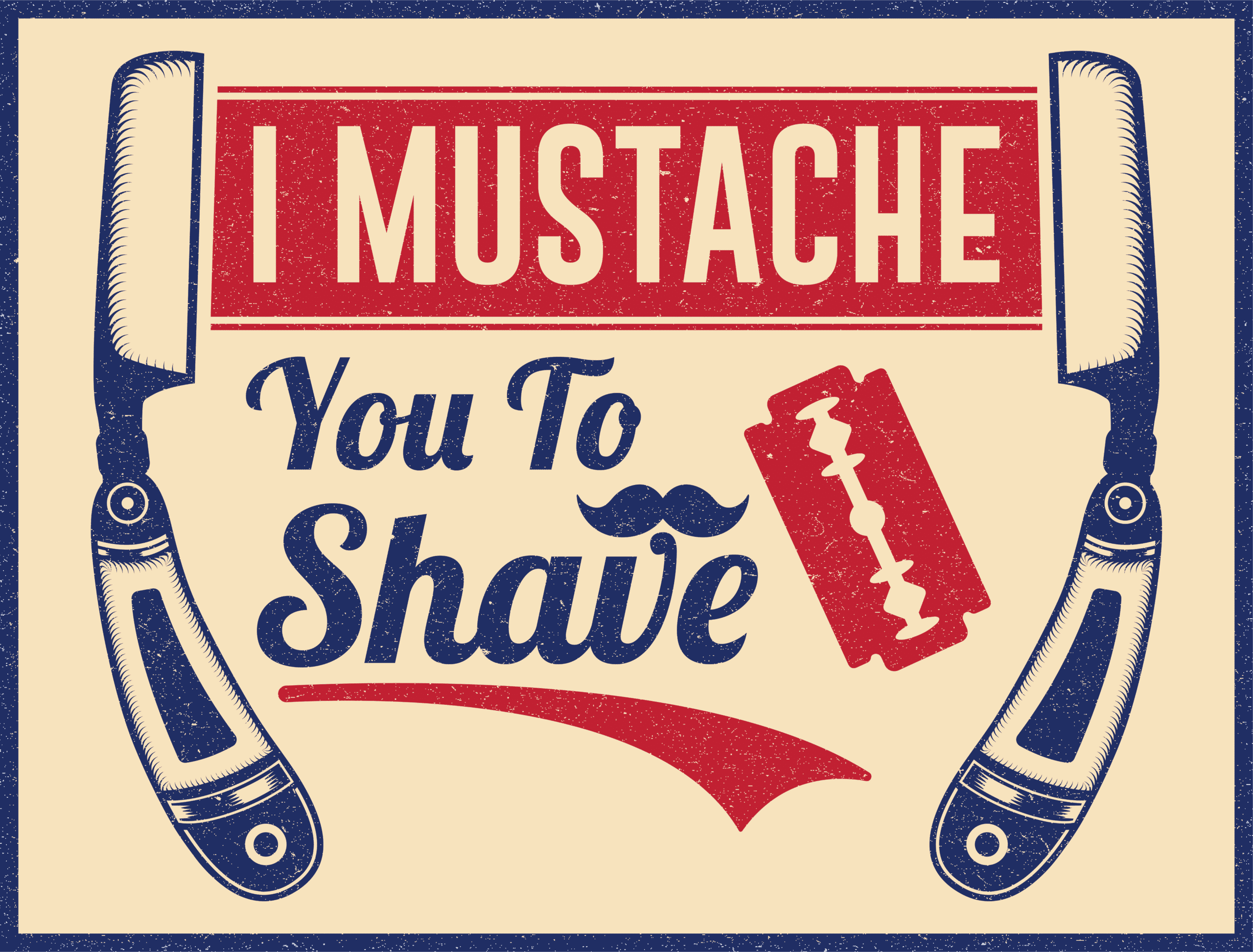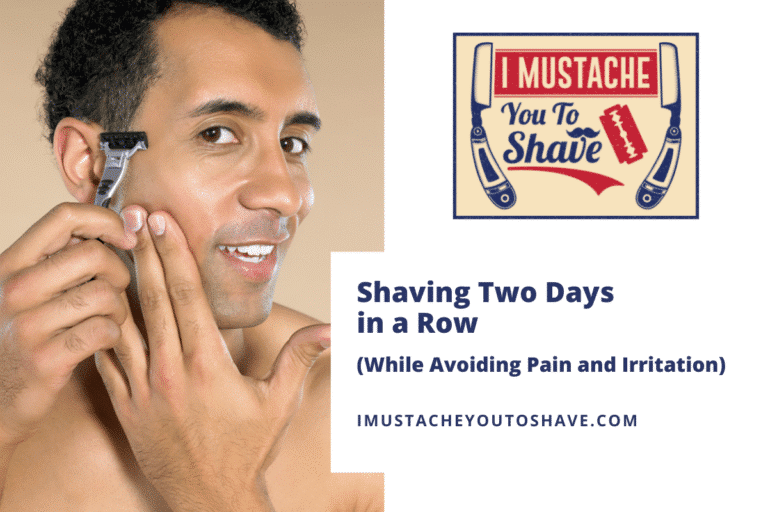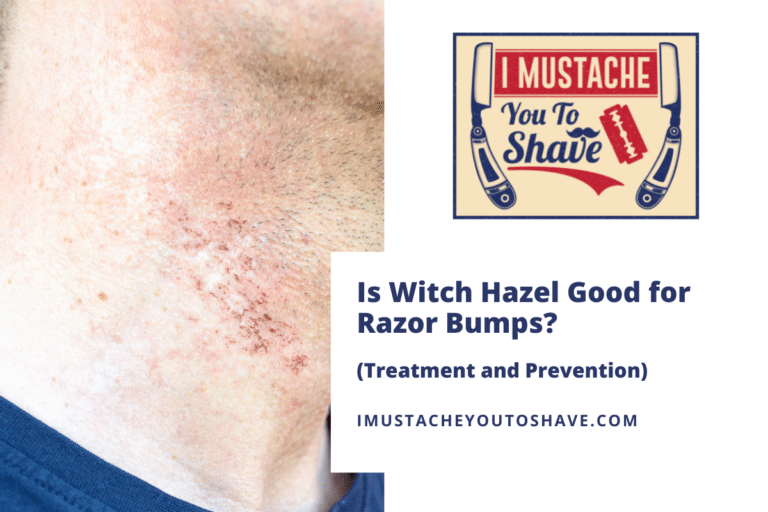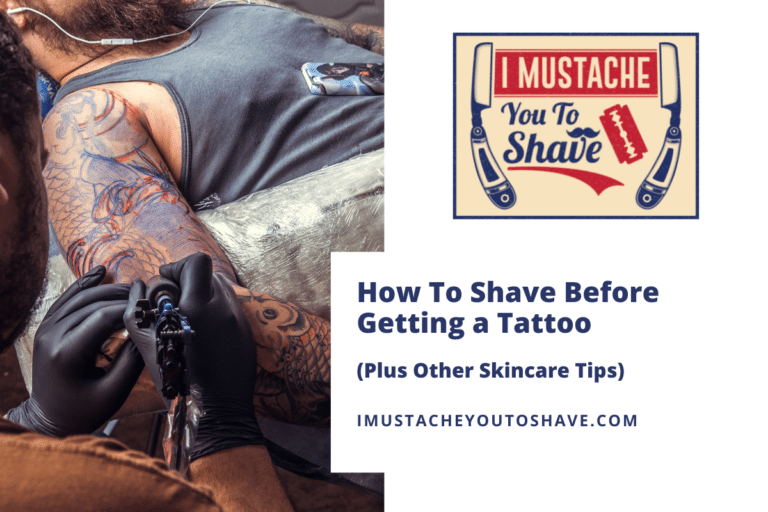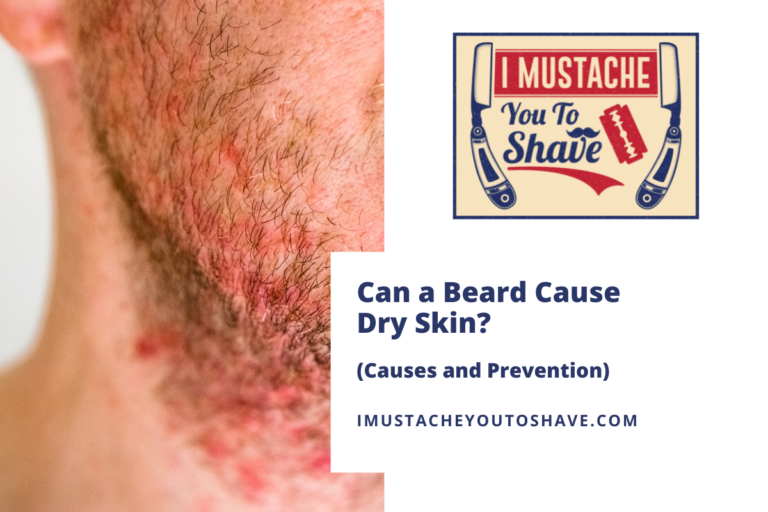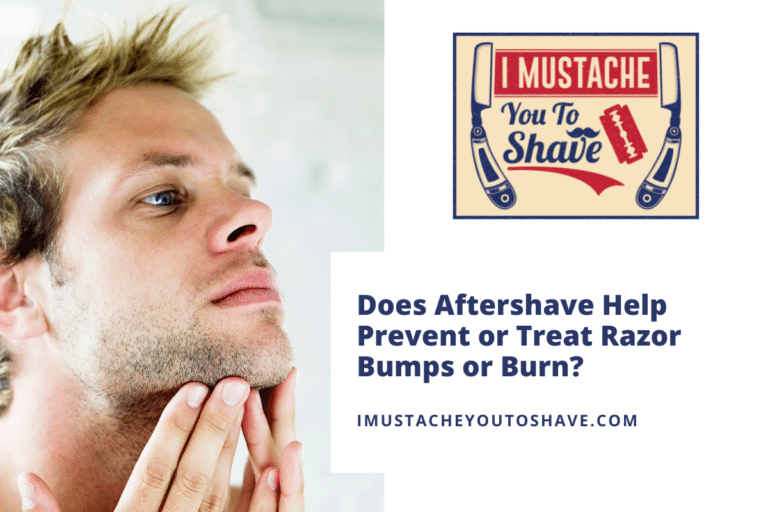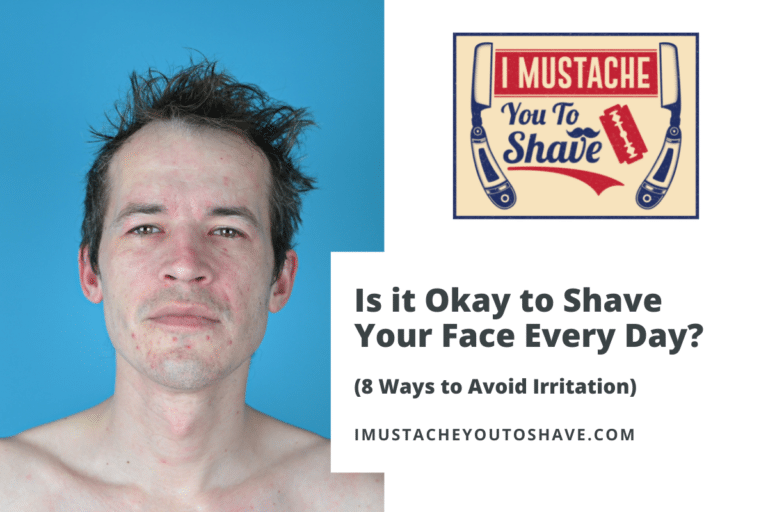Can Aftershave Help Treat Acne? (6 Guilt-Free Choices)
Got pimples? Can aftershave help treat acne, or should you avoid it at all costs?
Aftershave products often include ingredients that can help treat or get rid of acne. Ingredients like alcohol and witch hazel are known for their anti-bacterial, astringent, and anti-inflammatory properties, which can improve acne.
If you are interested in finding out which ingredients to look for when treating acne, as well as product recommendations, read on!
Can aftershave help acne?
If you suffer from acne, you aren’t alone. Acne is the most common skin condition in the U.S., affecting up to 50 million people annually.
Acne isn’t just a problem seen in the adolescent and teen years. It can affect adults well into the 40s and beyond. For this reason, many shavers desire aftershave products that can help improve acne, not aggravate it. When deciding if your aftershave can help your acne, it’s important to understand the causes of this troubling skin condition.
Excess oil production, hair follicles clogged with dead skin cells, bacteria, and inflammation are the four main causes of acne. Acne can appear on the face, chest, shoulders, or back since this is where the majority of oil glands are located.
When oil and bacteria get trapped under the skin, the result can be unsightly whiteheads, blackheads, or cysts. Since oil is an acne culprit, it stands to reason that oily ingredients should be avoided in acne-prone skin areas.
Acne can also be aggravated by the use of greasy or oily substances. For this reason, acne sufferers should pay close attention to the personal care products that come into contact with the face.
Many splash aftershaves contain oil-suppressing ingredients and can help improve acne.
Let’s take a look at some of these common oil-busting additives.
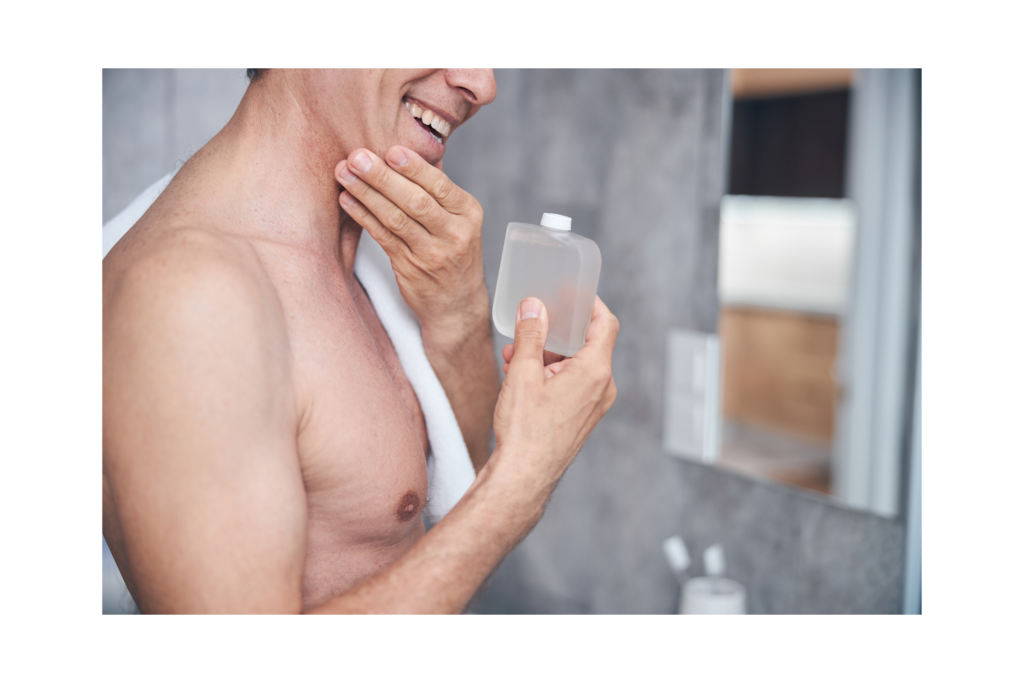
Aftershave ingredients that could help acne
All aftershave products aren’t the same, especially when it comes to application on problem skin.
Certain aftershave ingredients, including alcohol, witch hazel, menthol, and essential oils, can help limit excess oil production and dry up acne lesions. Most of these beneficial elements are found in the splash form of aftershave.
Here are the most common aftershave ingredients and how they affect acne:
- Alcohol
- Witch hazel
- Menthol
- Essential Oils
Alcohol
Isopropyl or ethyl alcohol is a primary ingredient in splash aftershaves due to its astringent effect.
Alcohol tightens pores and kills harmful bacteria. It also dries up excess oil, which is a common factor in acne. However, the drying effects of alcohol can disrupt the skin’s natural balance leading to rebound oil production.
There are alcohol-free aftershave options available, as well as products specifically formulated for blemish-prone skin.
Witch hazel
Witch hazel is another common aftershave ingredient. It is formed through the distillation of the plant Hamamelis virginiana. It’s used for everything from hemorrhoids to sunburns.
Witch hazel decreases inflammation and fights bacteria, making it a common treatment for mild acne. Similar to alcohol, the drying effects of witch hazel can cause rebound oil production. It is often recommended to use it in combination with a lotion to avoid over-drying the skin.
Dermatologists don’t recommend using witch hazel alone for moderate to severe acne.
Menthol
Menthol is often added to aftershaves because of the refreshing, cooling feeling it leaves behind. It calms the skin and also provides a minty scent.
Menthol is a common ingredient in both aftershave and acne products. It provides topical pain relief and gives a soothing effect to the skin. This is beneficial for skin that experiences nicks, cuts, or painful acne lesions.
Many ingredients can have negative side effects, but menthol is considered safe with no carcinogenic or toxic properties.
Fun Fact: Since aftershaves and other personal care products contain alcohol derived from ethanol, menthol is added to “denature” the alcohol. Denaturing gives it an unpleasant taste, so it will not be consumed for drinking purposes. It also allows the manufacturers to avoid high taxes placed on edible alcohol products.
Essential Oils
Essential oils are known for their medicinal properties as well as favorable scents.
There are four essential oils, often found in aftershave, that have shown efficacy against acne. Tea tree, lavender, frankincense, and rosemary oils can reduce inflammation and kill bacteria. These oils can also speed up healing which is useful for shaving cuts and active acne lesions.
A medical study conducted with a 5% tea tree oil gel versus a 5% benzoyl peroxide lotion on patients with mild to moderate acne concluded that they both showed similar efficacy. The tea tree oil users experienced fewer adverse effects.
Aftershave ingredients that can irritate acne
Now that you know the beneficial ingredients, let’s talk about ingredients to avoid.
Comedogenic ingredients clog pores which makes them a poor choice for already acne-prone skin. Avoid aftershave formulations containing coconut and linseed oil, lanolin, and cocoa butter. Dyes and sulfates can also aggravate troubled skin.
Every skin is different, so it may take trial and error to find the right aftershave for you.
| Avoid | Proceed with Caution |
|---|---|
| Coconut oil | Red dyes 9 & 27 |
| Linseed oil | Olive oil |
| Cocoa butter | Sweet almond oil |
| Oleic acid | Sodium lauryl sulfate |
| Butyl stearate | Squalene |
| Isopropyl palmitate | Lauric acid |
Is shaving good or bad for acne?
If you already suffer from acne, can the act of shaving itself exacerbate the problem?
As long as special care is given when shaving during an active acne outbreak, shaving won’t typically make acne worse. Always use clean razors to avoid bacteria. Shaving also exfoliates the skin, which can reduce the number of dead skin cells that can clog pores.
In fact, dermaplaning is a very popular skin treatment today. Usually performed on women since they don’t shave their faces, dermaplaning is performed with a sharp blade. It removes fine hairs and dead skin cells. It has also been shown to reduce the appearance of acne scars.
While shaving and dermaplaning aren’t exactly the same, both actions reduce a build-up of potential pore-clogging skin and oil.
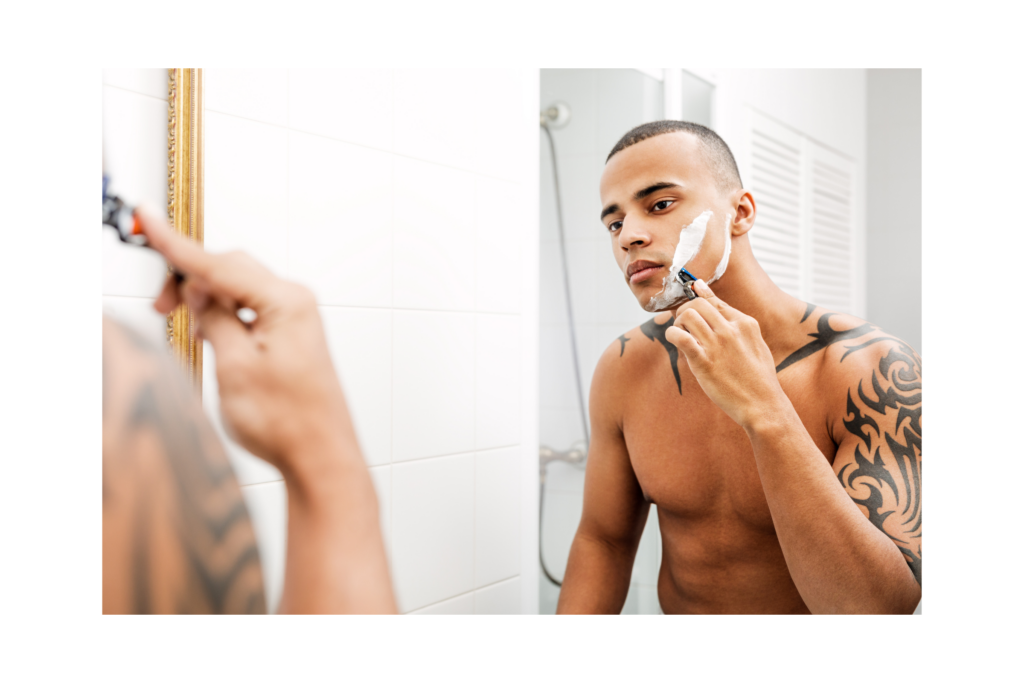
Is aftershave necessary?
Using aftershave is popular, but is it an essential part of shaving? No, the aftershave step can be skipped if you choose to do so.
While aftershave isn’t necessary following a shave, it can help soothe razor-ravaged skin. Read ingredient labels and keep your skin type in mind when choosing an aftershave product. If you find that aftershave irritates your skin, simply leave it out of your regimen.
Splashing your face with cool water after shaving will help close up pores to prevent harmful bacteria from entering. If you can’t live without aftershave pampering, try our suggestions for acne-friendly choices.
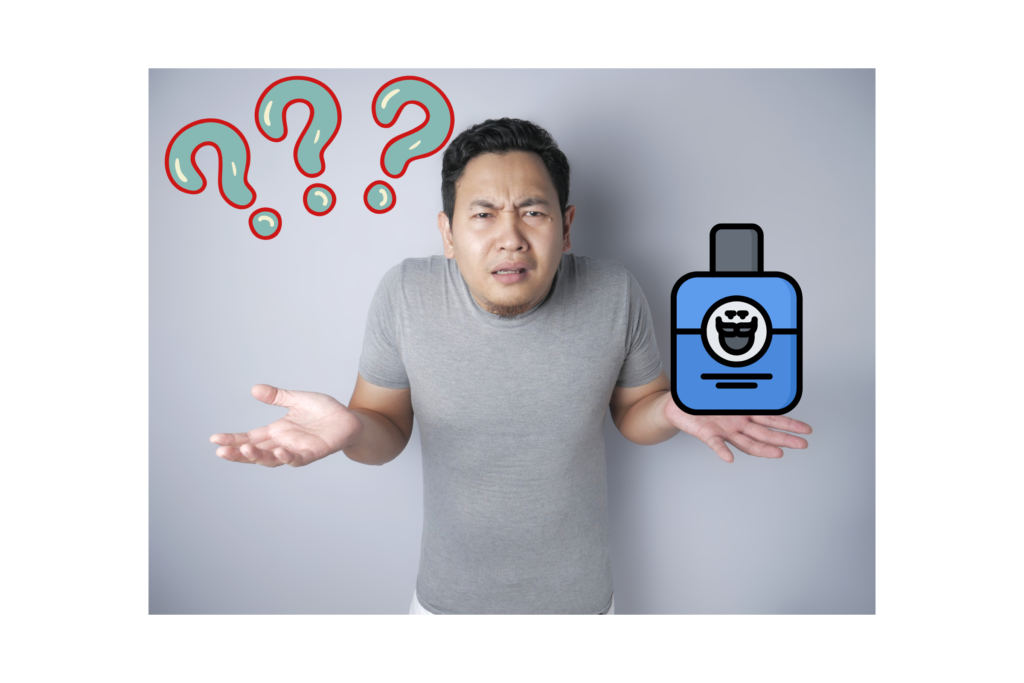
The best kind of aftershave to use with acne
We’ve looked at the ingredients included in many aftershaves; How do you choose which product to use for your skin type?
Aftershaves come in splash, lotion, and balm varieties. If you struggle with oily skin, splash or certain lotions are the best choices. If your skin is dry, a balm or lotion will be beneficial. It may take some trial and error, but there is an aftershave option compatible with acne-prone skin.
Let’s look at the differences between the three types and offer some suggestions.
Splash
Splash aftershave has come a long way since Old Spice and Aqua Velva. Many are formulated for different skin types.
Splash aftershaves are in liquid form; thus, you “splash” them onto your face. They are made up primarily of alcohol or witch hazel. The oil-suppressing activity of splash aftershaves makes them a great choice for acne-prone skin.
Proraso After Shave Lotion
The name is misleading. This is NOT a lotion. It is a splash aftershave product. It contains alcohol, witch hazel, and menthol. With over 7,500 ratings and 4.5 stars, users describe this product as “refreshing”, “cooling”, and “toning”. One rater commented that it was “outstanding for his problem skin”.
Paula’s Choice PC4 Men Soothe & Smooth Aftershave Treatment
This alcohol-free aftershave treatment contains salicylic acid to unclog pores and treat acne while nourishing your skin. It’s highly rated, and comments range from “this stuff works pretty great on troubled skin” to “great for blackheads”.
Lotion
Aftershave lotions provide moisturization for dry skin. Some formulations are light enough to use on problem skin as well.
Lotion aftershave treatments nourish and soothe the skin post-shave. Some lotions are suitable for acne-prone skin. A close look at the ingredient list will alert you to any comedogenic additives like coconut or marula oil. These oils should be avoided when predisposed to acne as they can clog pores.
Marlowe No. 144 Post Shave Lotion for Men
This highly-rated aftershave lotion is known for what’s not in it. No oils. No parabens. No bad stuff. It does contain nourishing plant extracts to treat post-shave skin. Reviewers noted “it doesn’t clog pores” and it’s “not greasy or oily but still moisturizes”.
Kerah Lane Razor Bump & Ingrown Hair Formula
This lotion not only addresses common shaving problems but also addresses acne concerns. It removes dead skin cells from pores and reduces the appearance of acne, scars, and pimples. Formulated with witch hazel, aloe vera, and lavender, it receives rave reviews from users. One user reported “a dramatic difference in pimple size and redness” after using this aftershave lotion treatment.
Balm
Balms can resemble lotions visually. However, balms are less astringent than lotions. They also contain a higher level of oil. They are primarily used for the hydration of dry skin.
Balm aftershave products tend to include heavier ingredients to moisturize dry skin. While some balm products can clog pores and cause breakouts, there are others that moisturize the skin without harm.
Aftershave Balm for Men by Bevel
Bevel aftershave balm is filled with nourishing acne-friendly ingredients like witch hazel, tea tree oil, and salicylic acid. It also adds shea butter and jojoba oil to moisturize. Users report calming of sensitive skin “without causing irritation and pimples”.
Nivea Men Sensitive Post Shave Balm
This Nivea aftershave balm is specially formulated for sensitive skin. It’s enriched with witch hazel, Vitamin E, and soothing chamomile. Over 8,000 reviews with a 4.7-star rating, this formulation boasts “by far the best aftershave balm I’ve used”, “not heavy”, and “doesn’t cause me to break out”.
Does aftershave make acne worse?
Acne sufferers try to avoid any products that can exacerbate their condition. Aftershave offers many benefits, but should you avoid this skincare step completely?
Aftershave doesn’t necessarily worsen acne, but some of the ingredients in it might upset the skin’s natural balance, causing oil glands to increase production. Choosing heavy, oil-laden aftershave products could clog pores worsening the condition. Reading ingredient lists and being educated on acne offenders is the best way to avoid a flare.
Thankfully, there are numerous aftershave options on the market today. If you suffer from acne, you can easily find a post-shave solution to work with your skin type, not against it.
Summary of aftershave options for acne-prone skin
You don’t have to ditch aftershave if your skin is riddled with acne. Ingredients like witch hazel, essential oils, and menthol can be beneficial. Read labels and choose aftershave options that complement your skin type. Avoid pore-clogging ingredients that will make your skin condition worse.
FAQS
Is aftershave good for acne?
Aftershaves containing alcohol, witch hazel, essential oils, and menthol can help treat acne due to their antibacterial and astringent properties.
Does aftershave irritate acne?
Too much alcohol can be overly drying, ramping up oil production, which can make acne worse, so you have to find the correct balance for your skin type. Pore-clogging ingredients like heavy oils, dyes, and sulfates can irritate acne.
Does aftershave clog pores?
Some aftershave ingredients can clog pores. Avoid coconut and linseed oil, lanolin, and sulfates. Use caution when you see dyes, olive oil, sweet almond oil, squalene, and lauric acid on the label.
